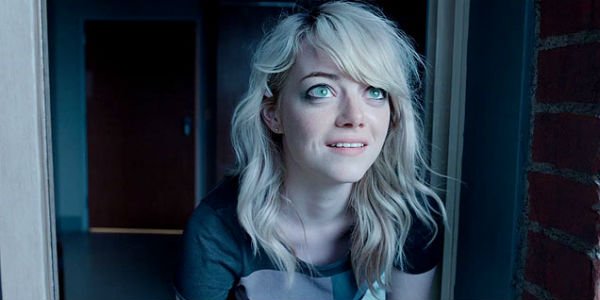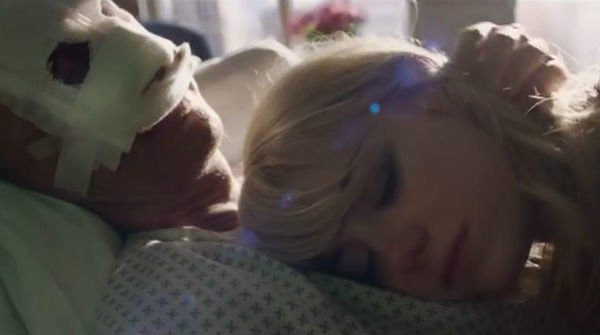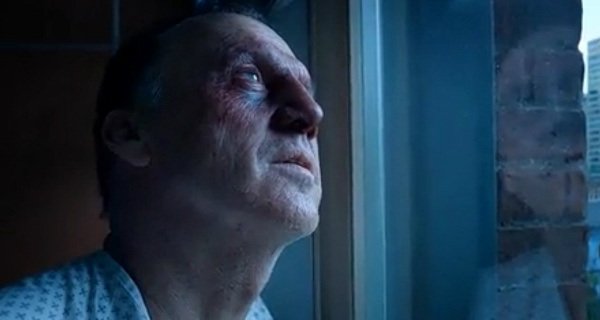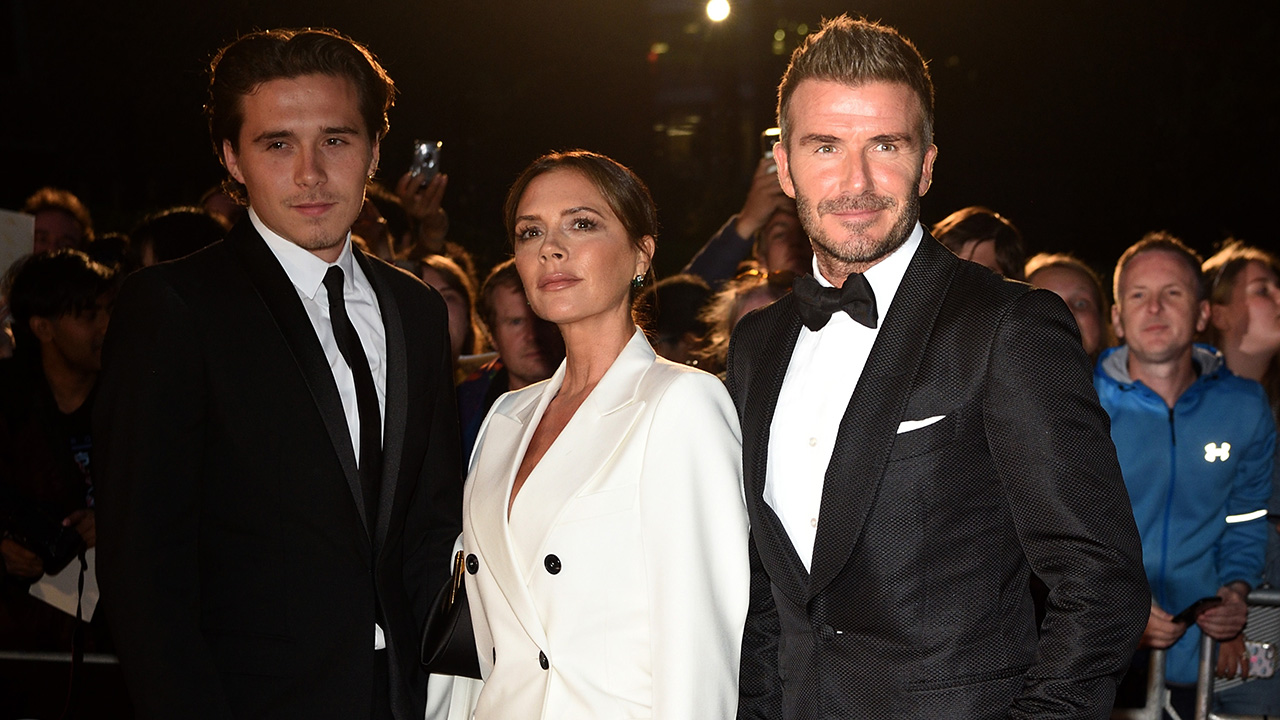Birdman Ending: Why That Obscure Final Shot Makes Total Sense

With the Oscar race coming to an end this weekend, it is only natural that we be left pondering some of the Best Picture contenders. And even so, aside from the nominations, there is one film in particular that has an ending so obscure, it has become one of the most talked about scenes this year. But why is it being discussed so much? Because of its cinematic beauty? —Maybe. Because of its stellar performances? —Somewhat. No, more so than anything, it is still coming up in discussion because we have no idea what the hell it means.
Having already won a slew of awards including a Golden Globe for Best Screenplay and Best Actor, Alejandro González Iñárritu’s Birdman, Or The Unexpected Virtue Of Ignorance is a story about artistic frustration in an industry with the highest levels of arrogance and narcissism. Riggan Thomson (played by Michael Keaton), a middle-aged actor who reached his ultimate fame behind the mask of a comic book superhero, hopes to show the world that he is more than just a character, but a true actor and artist, by writing, directing and starring in his own Broadway play. But, the constant struggle between artistic integrity and celebrity arrogance keeps Riggan off in his own world, specifically a world where he has obtained the superpowers of his former titular role, Birdman. So in a film that is constantly playing with magic realism and leaving questions open to whether or not Riggan really does have these seemingly imagined powers, the ending makes total sense.
In case you haven’t seen the film quite yet, this is your warning. Here on out there will be spoilers, so proceed with caution.

What Happened
The final scene of the film ends on an ambiguous note. It comes right after Riggan Tomson replaced his prop gun with a loaded handgun and shot off his own nose on stage opening night of his Broadway show. The scene opens with Riggan laying in a hospital bed, with his face covered in bandages. When he wakes up he is greeted with the concern of his ex-wife and the sheer excitement of his lawyer and friend, Jake. Jake shows Riggan that he made the front page of the Arts section in The New York Times, and by this, Riggan has finally reached the artistic success that he dreamed of. Soon after, his daughter Sam (played by Emma Stone) brings him a bouquet of flowers, and the two embrace, completing Riggan’s dreams even further.
It is at this point Riggan’s life seems to finally be complete. And as the title sequence of the movie quote:
And did you get what you wanted from this life, even so?I did.And what did you want?To call myself beloved, to feel myself beloved on the earth.(Raymond Carver, Late Fragment)
So, when Sam leaves the room to fetch a vase, Riggan gets up, takes off his bandages (a metaphor for the Birdman mask he had been wearing before the artistic success that he finally has achieved). He glances once more at his Birdman alter ego, and leaves it behind to head to the window, where he gazed at the birds flying in the sky above. This prompts Riggan to open the window, take a deep breath of fresh air, and then climb out. There returns Sam, who searches the room for her father, until she sees the window open, runs over to it terrified, and as she looks down expecting to see her father below, her gaze slowly moves upward until the final shot of the film— wide-eyed Sam, shocked and smiling, as we assume she is seeing her father flying above.
Your Daily Blend of Entertainment News
Like I said before, the scene ends ambiguously in that we never see Riggan flying, or on the pavement below. We never even see him leap off the sill. But the final shot is not out of line with the theme of the film, and actually makes total sense...

Why It Makes Sense
While we may never know if Riggan dies or flies, the real issue is whether or not Alejandro González Iñárritu’s Birdman makes sense as an ending. The shot which was a last minute rewrite to replace the original ending idea (which included Johnny Depp following in Riggan’s footsteps as a Jack Sparrow poster came to life), in my opinion worked perfectly in keeping the magical elements of the film unexplained. Iñárritu’s incredible usage of magical realism starts in the first scene of the film, as it opens to Riggan floating mid air in his underwear. As he gets up from the position there is absolutely no indication that his floating was not real. This is important, because later in the film, the other times that there are instances of Riggan using his Birdman powers, we are given glimpses to what seems to be the ‘reality’ of the supernatural situation.
The first instance is when Riggan is upset in his dressing room and begins to completely destroy everything in sight seemingly by using his Birdman powers. At least, that is, before the decimation of his dressing room is interrupted by Jake (played by Zach Galifianakis). When Jake enters the room, we see what is happening from his perspective, and from that angle there is nothing supernatural about it. We also see that Riggan’s palm is bloodied, suggesting that he did indeed cause this mess by hand. The second occurrence is when Riggan is at the edge of a roof top and a man calmly convinces him not to jump. Riggan steps down for a second, only to then run and jump off the building and continue to fly around Midtown Manhattan (with a similar excited face as we see on Emma Stone in the final shot). But, reality settles in when we see a taxi driver angrily hounding Riggan to pay for his trip outside of the theater.
So with these instances in mind, we come to the end scene where after finally gaining the recognition Riggan had always wanted, and feeling the warm embrace of a daughter proud and appreciative of her father, he feels complete. Complete enough to walk to the window and take flight. The final shot, we see Sam excitedly looking up out the window and her expression assumes that she is watching her father fly. Whatever your interpretation of this ending may be, it stays within the supernatural. And instead of showing Riggan take a fall, or even showing him fly, we are left with his daughter’s amazement, and a new lens to see this magic happening.
Just like the opening scene of the film, the ending is just as surreal as that beginning. It serves a purpose in that it keeps you questioning what was seen in the film. Those middle instances were seemingly grounded from an outsider’s perspective (Jake and the cab driver) but now, an outsider’s perspective is seeing what we opened to in the first shot of the film. Maybe it is Sam who can see this magic because she’s special (we are reminded of that time and time again in the film). Or maybe this shot of his daughter is just a figment of Riggan’s imagination as he takes his fall to his final demise. It really doesn’t matter though, because the ending serves an important purpose in that it doesn’t give an alternative to the magic. It wants you to question what was ever real in the film, and whose perspective you believe.
